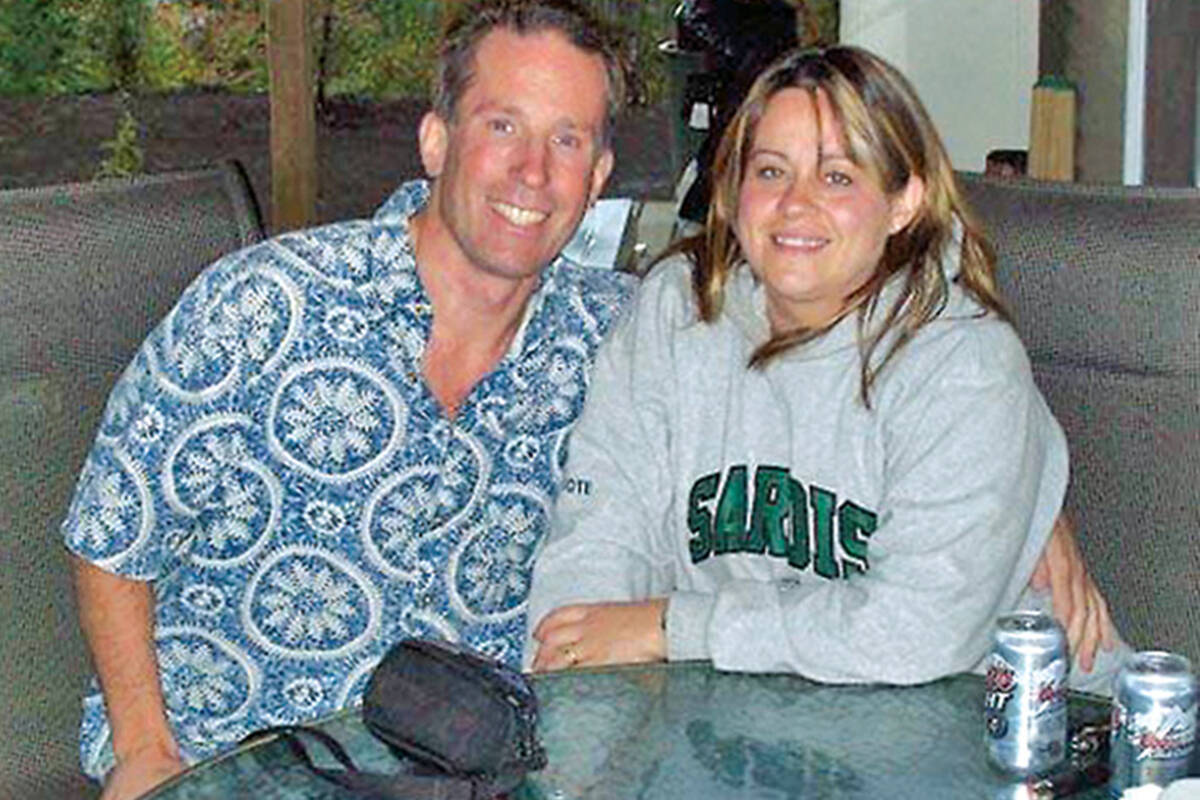Fourteen years after an innocent couple was murdered outside of Cranbrook, family and relatives are still yearning for justice.
On May 29, 2010, Leanne MacFarlane and Jeffrey Todd Taylor were killed in a rural residence east of Cranbrook in a horrific case of mistaken identity, as authorities theorized the same home’s previous occupant — a man with alleged gang ties — was the intended target.
MacFarlane and Taylor were engaged and had just moved to Cranbrook from Salmon Arm, as they were in the process of opening up a cellphone store with a life of promise and opportunity ahead of them.
“She was such a special soul,” said Wendy Holland, MacFarlane’s sister. “She always found something good in everyone and everything. She had such a great love for animals and never lived without them and her main love was dogs and horses. There are so many special and funny stories of her growing up and things that she did. She had such a great sense of humour and zest for life.”
Taylor was a man who “loved my sister and her kids immensely,” said Holland.
Eight years passed before arrests were made in the case.
Colin Correia and Sheldon Hunter were charged with murder in 2018, however, they were acquitted after a lengthy 150-day trial that took over three years to prosecute due to pandemic-related delays.
In a Vancouver courtroom on April 25, 2022, Justice Silverman delivered a not guilty verdict based on three factors.
According to Silverman’s ruling, evidence established that the intended victim did not live at the home at the time and further, there was reasonable doubt whether the two accused knew that the intended target did not live at the residence and hadn’t for months.
Secondly, the credibility of a key witness was “suspect,” while thirdly, cellphone and alibi evidence raised reasonable doubt that Hunter could have been in a different location at the time.
“I am not satisfied that the two accused persons are innocent,” wrote Silverman, in his decision. “However, I am also not satisfied beyond a reasonable doubt that they are guilty.”
Crown signalled an intent to appeal, filing notice a month after the decision and an amended notice last summer. Crown lawyers made submissions to the Court of Appeal over two days in March, with a decision yet to come.
If the Crown appeal is successful, a new trial could be ordered.
On the grounds for appeal, the Crown argues that the trial judge erred in law by excluding as involuntary statements that the defendant had made to police. The Crown also submits that the trial judge erred by excluding law enforcement evidence regarding measurements taken of the defendant’s shoes.
A B.C. Prosecution Service spokesperson confirmed the Crown’s appeal applies only to Correia, and that the appeal of Hunter’s acquittal was abandoned.

